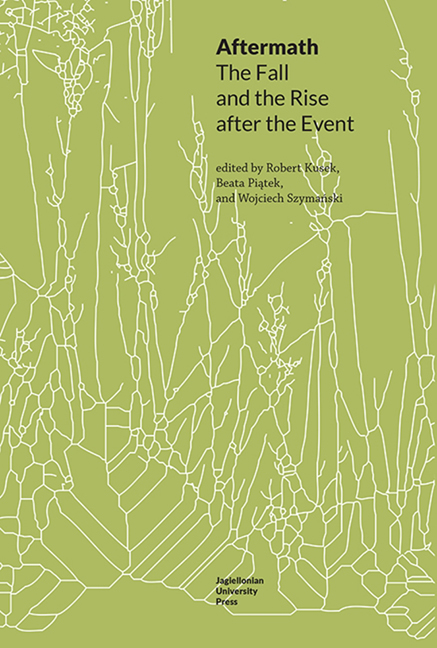After Naming: Rilke's Namenlos, Kant, and the Subject of Aesthetics
Published online by Cambridge University Press: 06 November 2021
Summary
Names test the already contingent relationship between the subject, language, and the world. In Rilke's case, paradoxically enough, these tests render the subject incapable of using language to name anything, let alone naming the self. This paper will investigate the economy of names and naming in Rilke's later works, with special attention to sections from Duino Elegies and Sonnets to Orpheus. In pursuing such a line of thought the research will try and deepen the rift, already palpable in Kantian aesthetics, between reason and imagination, where the event of sublimity openly challenges all degrees of naming and conceptual understanding. In the sublime Kant also finds, however, an analogue to reason – an analogue that remains the ground for all empirical and theoretical knowledge without ever letting its own concept become presentable. In other words, reason itself, not unlike the moment of the sublime, will resist the attributions of any name whatsoever. While the Kantian subject of reason reigns supreme even without a concept, it is precisely the impossibility of such a subject that Rilke's lyric will first cherish and then lament. In reading the allowances that Kant makes for his subject against Rilke’s account of utter loss, this paper hopes to make a case for experience, not only of the aesthetic kind, that resists naming, even if it comes after naming. This resistance, then, foreclosed in Kant and welcomed in Rilke, can allow us to rethink the promise of lyric elegy as that which mourns and laments the very thing that evades language. It is on these antinomies, between naming and silence, reason and freedom, dying and mourning, that I will rest this paper.
Readings of Duino Elegies have tried very hard to circumvent the poem’s commitment to namenlos, German for “without a name” or “nameless,” while having over-emphasised a certain passion for Earthly things in “Elegy Nine.” This passion has sometimes been read as a world-orienting quality of the lyric (Eldridge 2015: 122) which, despite singing of losses, finally makes its peace with the community at large when it decides to name the world around it and thereby lives through what Rilke calls one's “overabundant existence” (Rilke 2014: 337). Another strong and persuasive reading proposes that even though Rilke's elegiac voice does not give up the isolation it feels from the world of knowledge and communication, it ultimately does uphold the figurative prowess of language (de Man 1979: 25).
- Type
- Chapter
- Information
- AftermathThe Fall and the Rise after the Event, pp. 131 - 144Publisher: Jagiellonian University PressPrint publication year: 2022



